La veille informationnelle du CÉSECÉM est un processus de suivi de la presse et des médias, qui permet aux citoyens, aux élus et aux professionnels, d’être informés des publications les plus récentes dans différents domaines. Les informations issues de la recherche de la veille informationnelle ne sont ni des productions du CÉSECÉM ni l’expression de son opinion.


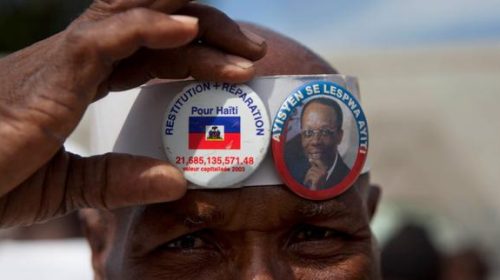

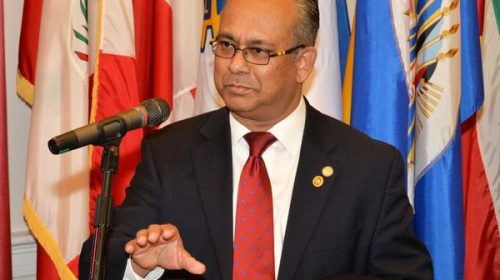

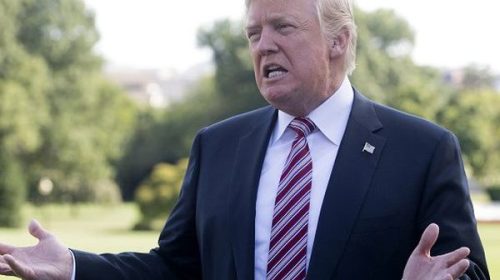
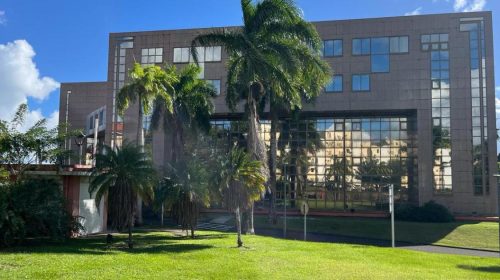
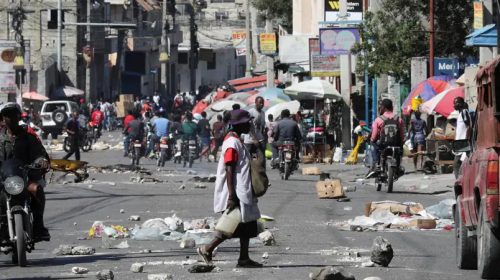
Partager cette page sur :